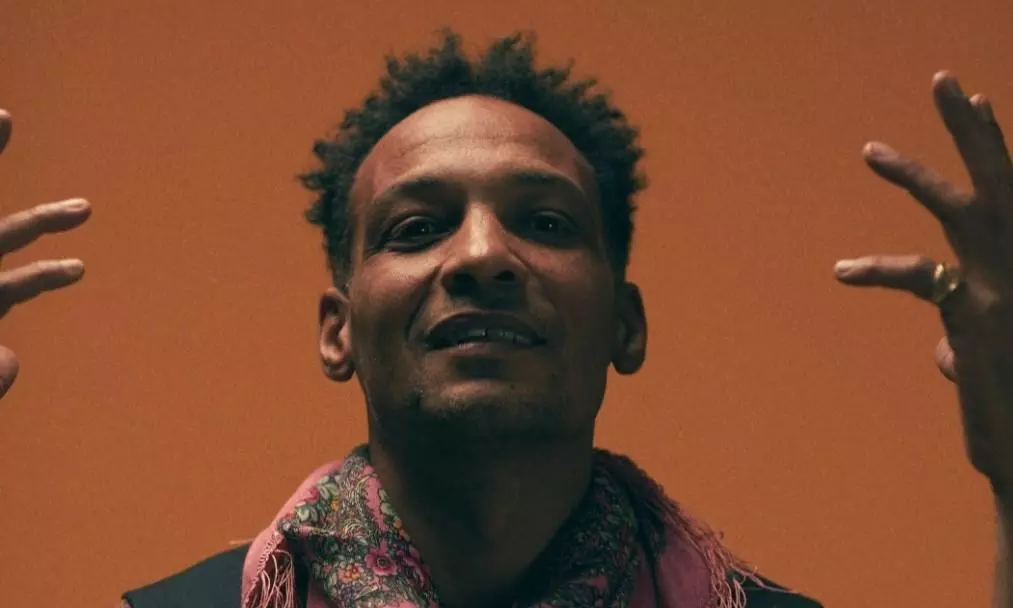Music is healing: David Walters
Lot to learn from Indian musicians: David Walters

Hyderabad: David Walters doesn’t come to perform. He comes to listen. “I hope nothing when I play,” he says, almost amused by the idea of planning. “It’s like a mirror conversation.” That’s how the French-Caribbean artist describes his ongoing tour through India, which now brings him to Hyderabad for the final leg of Soul Tropical, part of the Fête de la Musique celebrations. His concert at EXT in Film Nagar on Tuesday was a one-stop in a journey where sound becomes something closer to medicine than spectacle.
This is Walters’ fourth visit to India, and each time, he says, it unsettles him in the best possible way. He remembers playing with Rajasthani folk musicians, meeting sarod and tabla players, and being thrown into rooms where he didn’t share a language but always found the beat. “You need a way to approach Indian music,” he says. “It’s sacred. Every time I meet an Indian musician, it’s a lesson.” The tour, which has taken him from Chandigarh to Bhopal to Hyderabad, has been about opening his sound up.
Backed by Alliance Française Hyderabad, the Embassy of France in India and the French Institute in India, his performance in Hyderabad is not part of any commercial tour but somewhere between invitation and encounter and a larger celebration of World Music Day, which began in France in 1982. It was meant to make music public, open and free. But in India, street performance still requires official permission. Walters laughs when asked about this contradiction and refuses to say much. “I am just a musician. Sometimes, I am crazy,” he says. “I don’t think about permissions. I just want to play and meet people.” Institutions, he admits, make that possible. “It’s always better than nothing. And it pushes me out of my comfort zone.”
Much of Walters’ set moves through Creole, with bursts of English, but the language rarely gets in the way. “People don’t understand what I sing,” he shrugs, “but the energy connects us. It’s a surprise every time.” He recalls an older man in Chandigarh who stood up mid-show and began to dance, which drew others in without a word uttered. “It was like a mini party,” he notes, adding, “Music is healing in my opinion. People can forget their work, their problems and go home full of energy. That’s enough for me.”
Hyderabad is new to him. He arrived the night before the show and hadn’t seen much beyond traffic, noise and food. But even that, he says, says enough. “I hear a lot of klaxon,” he laughs, “but the food. Oh, the food.” He draws a line between what’s on the plate and what’s in the music. “Food is like music. It’s soul. It tells you about the people. And here, it’s rich. So I know the people must be too.”
After Hyderabad, Walters will travel to Bengaluru, Jaipur and Kolkata, where he hopes to meet more classical musicians. The energy changes, he says, when the set turns meditative. “Coming to India and not playing with Indian musicians makes no sense to me. I have too much to learn.” What he brings is his sound. What he leaves with is harder to name. But in each city, each show, he plays like the lesson has already begun.

